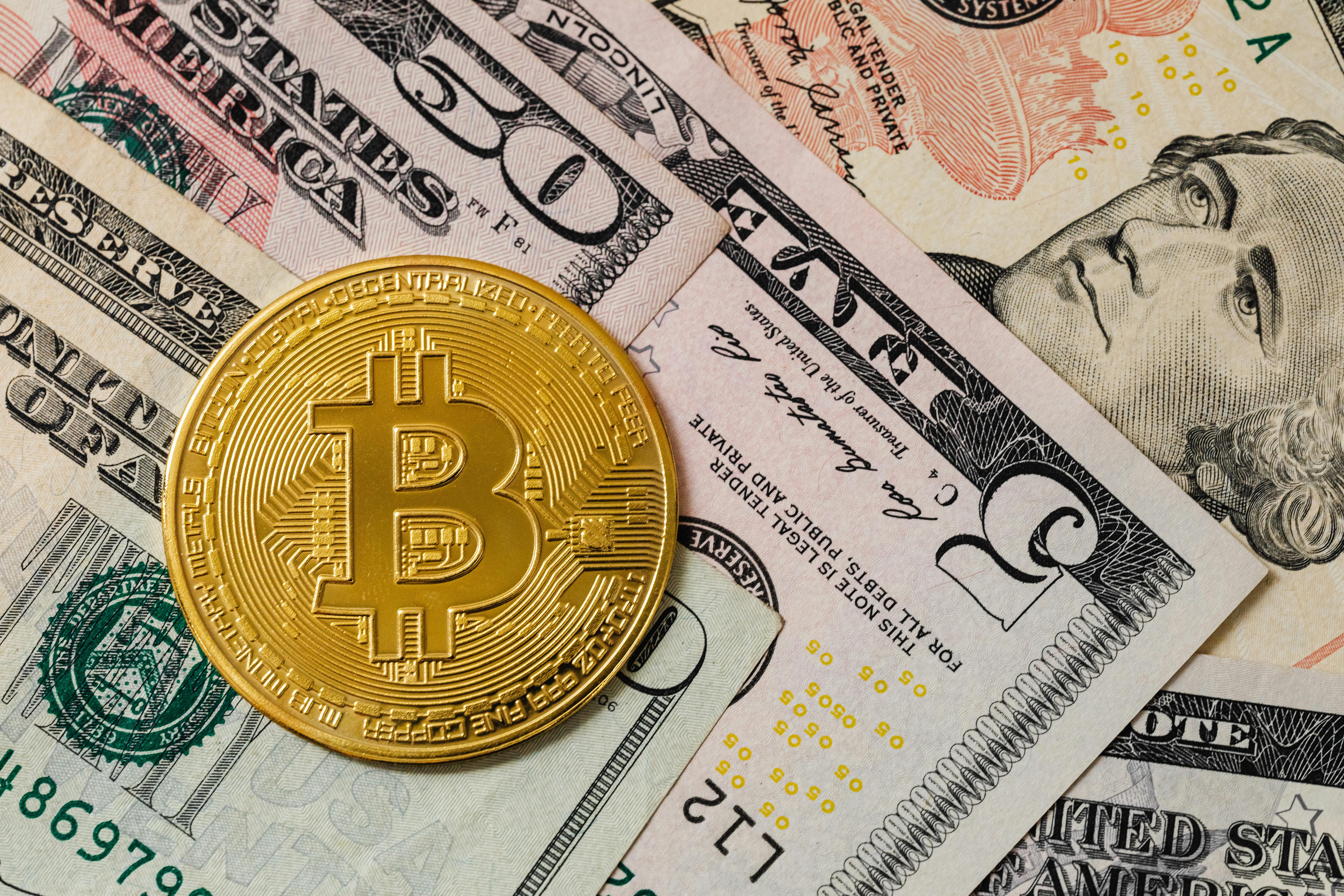Cast your Vote
Often referred to as cryptocurrency, digital currency is one that exists only in digital or electronic form and operates independent of a central bank. Bitcoin, the most popular cryptocurrency, was the first ever created. The idea has been floating around since the 1980s with David Chaum's ecash. The creator of Bitcoin, Satoshi Nakamoto, is an unknown person who enshrouds the currency in mystery. With the advent of Bitcoin, several other cryptocurrencies have emerged: Ethereum, Tether, Solana, BNB, USDC, XRP, and the list goes on... Click Here.

El Salvador made Bitcoin legal tender in 2021. Bitcoins have a value of almost $70k each. However, without the existence of money, it may prove difficult for cryptocurrency to have an accurate valuation. Cryptocurrencies certainly have some advantages over traditional money, as people see them as inflation-proof. Bitcoin and other cryptocurrencies also offer some form of anonymity when making purchases. One downside to cryptocurrency is that it is used almost exclusively to make transactions on the dark web, which is known to be a hub for criminal activity. Among its other cons, cryptocurrency isn't accepted everywhere, and it is useless in the event of a power outage. For the current value of Bitcoin... Click Here.

